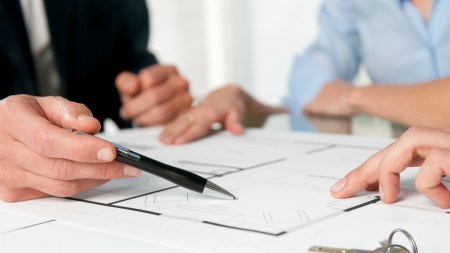The majority of South Africans are notoriously bad at budgeting. According to the World Wide Worx “More Month Than Money” survey, 57% of South Africans run out of money by the 15th of the month. Housing (41%) and groceries (24%) are the first things on which we spend our money, followed by transport costs (10%) and school fees (8%).
According to Adrian Goslett, Regional Director and CEO of RE/MAX of Southern Africa, homeowners can avoid facing this situation by working out their budget before purchasing their home. “Considering that housing is the first thing on which South Africans spend their money, homeowners should make sure that they can afford to get through the rest of the month after having paid the monthly instalment on their home loan, as well as the various other costs involved in owning the property, before they go ahead with the purchase. This way they can be assured that they will have enough money left over to see them through the rest of the month without racking up debt.”
To achieve this, Goslett explains that future homeowners will need to draw up a realistic budget to project how much they spend on other expenses apart from what they are currently spending on rent. Once they have worked out this amount, they can then set themselves a limit on what they can afford to pay in monthly instalments on a home loan. “BetterBond has a great tool for buyers to use to work out what their monthly instalment will be depending on the purchase price and loan amount they enter into the free online calculator. I highly recommend that buyers play around on this calculator to determine their budget before they begin the house hunting process. It is far better to avoid the temptation by limiting your search to properties that fall within your budget than to fall in love with a property and to then discover that you cannot afford the monthly repayments,” Goslett advises.
Homeowners must also remember to ask the seller roughly how much their monthly rates and taxes cost so that they can build this amount into their budget. “Try and avoid looking at homes that are at the very top-end of your budget. While you might be able to afford the monthly repayment on the home loan, the additional monthly costs like rates, taxes and levies are likely to push you over the edge,” Goslett cautions.
As tempting as it is to purchase a property that is just slightly above your budget, Goslett warns buyers that this might hurt their chances of moving up the property ladder in future. “Buyers should remember that property increases in value over time. It is better to purchase a home that you can afford and slowly work your way up to your dream home, than to purchase your dream home right off the bat and end up ruining your credit score by racking up debt or losing your home to the bank because you cannot afford to keep up with the repayments,” Goslett concludes.



